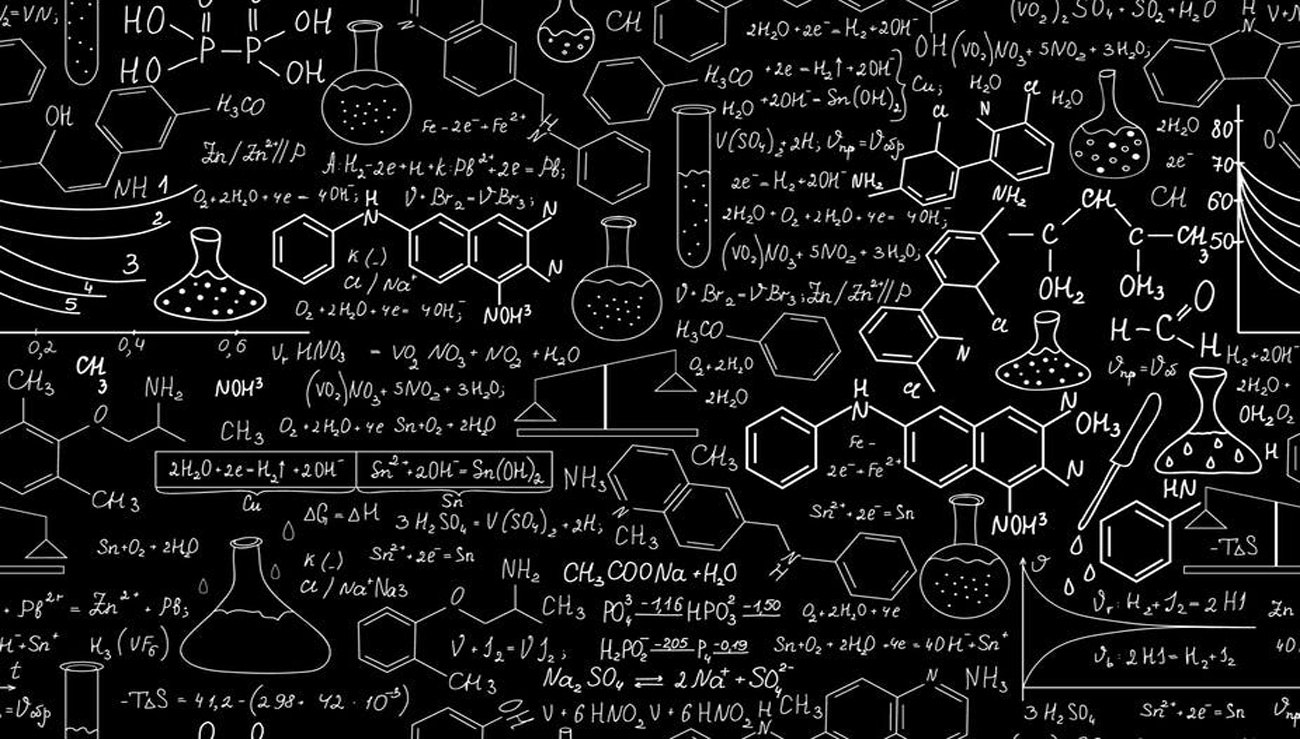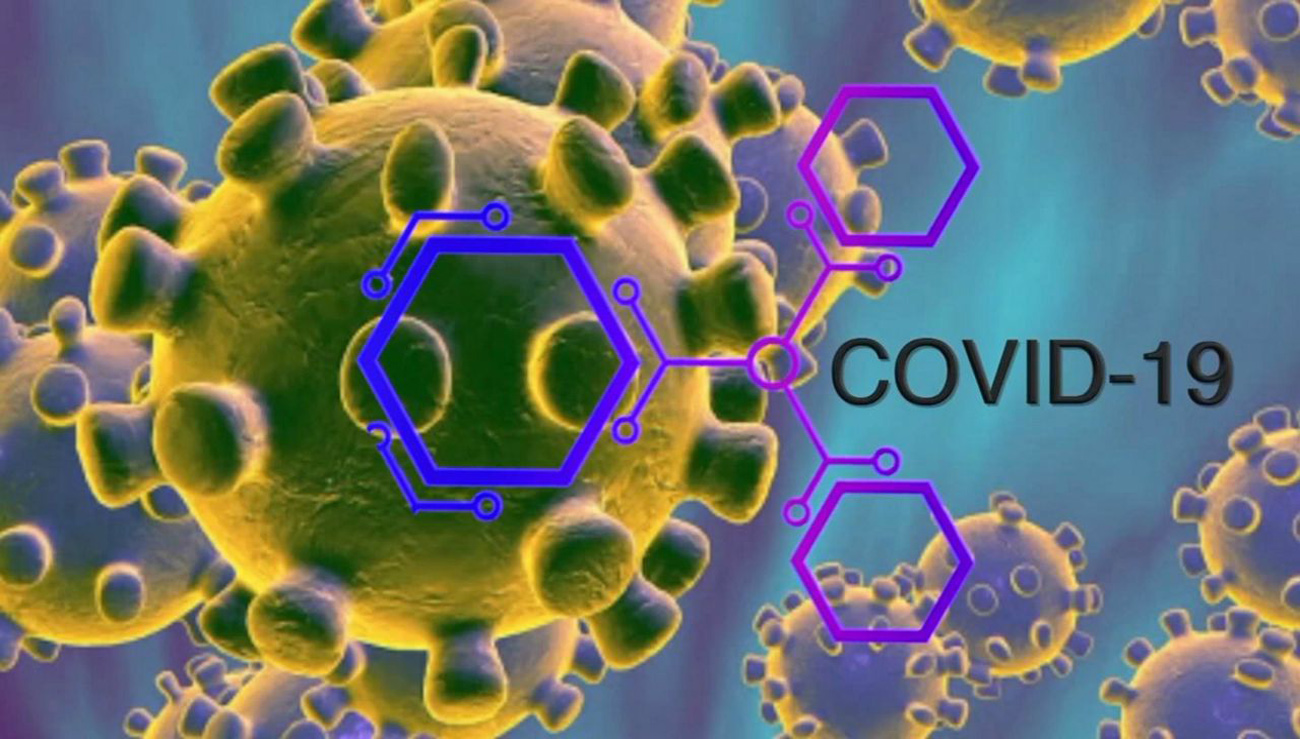
Prototype of a Biogas Anaerobic Digester from the Hostel Mess Kitchen Wastes
Biogas is a non-exhaustible of energy which can be formed from anaerobic fermentation of different types of biodegradable waste such as food waste, plant waste, animal waste sewage and other organic waste. The typical composition of Biogas includes CH4 (50–70%) which is responsible for maximum energy content along with CO2 (25–50%) that can be collected, stored and supplied. Biogas acts as a multipurpose and an eco- friendly sustainable resource of energy which can be utilized for cooking, electricity generation, lightning, heating etc. Biodegradable waste specifically produced in large amounts as a kitchen waste. In modern society, the solid waste per capita has been consistently increasing as of increase in population and change in socio-economic-cultural habits. The biogas production through the kitchen waste thereof provides a solution of disposal of solid waste. The bio gas production through anaerobic degradation pathways can be controlled and enhanced with the help of certain microorganisms and advancements of new technologies. In this research work, an attempt is being made to produce the biogas from kitchen and food waste collected from hostel mess of Chitkara University, Punjab and a novel method of production of microorganism has been also proposed for fast degradation of waste. Under this project, a survey for the estimation of daily production of organic waste from hostel mess has also been done for fifteen day.
Author(s): Shivam Modi and Pooja Mahajan, Centre for Water Sciences, Chitkara University Institute of Engineering and Technology, Chitkara University, Rajpura, Punjab.
Keywords: Anaerobic microbes, Biodegradable waste, Food Waste, Biogas
URL: https://jce.chitkara.edu.in/index.php/jce/article/view/71
References:
Al-Addous, M., Alnaief, F., Class, M., Nsair, A., Kuchta, K. & Alkasrawi, M., (2017). Technical possibilities of biogas production from Olive and Date Waste in Jordan. Bio Resources, 12(4), 9383–9395.
Amin, S.B. & Rahman, S. (2019). Biogas Generation from Household Level Farming in Bangladesh. In: Energy Resources in Bangladesh. Springer, Cham. https://doi.org/10.1007/978-3-030-02919-7_23
Austin, G. & Morris, G. (2012). Biogas production in Africa. In Bioenergy for sustainable development in Africa (103–115). Springer, Dordrecht. https://doi.org/10.1007/978-94-007-2181-4_10
Banks, C.J., Chesshire, M., Heaven, S. & Arnold, R. (2011). Anaerobic digestion of source-segregated domestic food waste: performance assessment by mass and energy balance. Bioresource technology, 102(2), 612–620. https://doi.org/10.1016/j.biortech.2010.08.005
Beedu, R. & Modi, P. (2014). Design of Bio Gas Generation Plant Based on Food Waste. International Journal of Current Engineering and Technology, Special Issue 2, 417–420. https://doi.org/10.14741/ijcet/spl.2.2014.77
Deressa, L., Libsu, S., Chavan, R.B., Manaye, D. & Dabassa, A. (2015). Production of biogas from fruit and vegetable wastes mixed with different wastes. Environment and Ecology Research, 3(3), 65–71.
Divya, D., Gopinath, L.R. & Christy, P.M. (2015). A review on current aspects and diverse prospects for enhancing biogas production in sustainable means. Renewable and sustainable energy reviews, 42, 690–699. https://doi.org/10.1016/j.rser.2014.10.055
Kang, J.W., Jeong, C.M., Kim, N.J., Kim, M.I., & Chang, H. N. (2010). On-site removal of H 2 S from biogas produced by food waste using an aerobic sludge biofilter for steam reforming processing. Biotechnology and Bioprocess Engineering, 15(3), 505–511. https://doi.org/10.1007/s12257-009-0134-8
Khan, M.E. & Martin, A.R. (2016). Review of biogas digester technology in rural Bangladesh. Renewable and Sustainable Energy Reviews, 62, 247–259. https://doi.org/10.1016/j.rser.2016.04.044
Kumar, P.S. & Yaashikaa, P.R. (2020). Sources and operations of waste biorefineries. In Refining Biomass Residues for Sustainable Energy and Bioproducts (111–133). Academic Press. https://doi.org/10.1016/B978-0-12-818996-2.00005-3
Mirmohamadsadeghi, S., Karimi, K., Tabatabaei, M. & Aghbashlo, M. (2019). Biogas production from food wastes: A review on recent developments and future perspectives. Bioresource Technology Reports, 7, 100202. https://doi.org/10.1016/j.biteb.2019.100202
Mutz, D., Hengevoss, D., Hugi, C. & Gross, T. (2017). Waste-to-Energy Options in Municipal Solid Waste Management – A Guide for Decision Makers in Developing and Emerging Countries. German Corporation for International Cooperation [Deutsche Gesellschaft für Internationale Zusammenarbeit GmbH (GIZ)], Eschborn.
Rupf, G.V., Bahri, P.A., de Boer, K. & McHenry, M.P. (2016). Broadening the potential of biogas in Sub-Saharan Africa: An assessment of feasible technologies and feedstocks. Renewable and Sustainable Energy Reviews, 61, 556–571. https://doi.org/10.1016/j.rser.2016.04.023
Singh, R., Mandal, S.K. & Jain, V.K. (2010). Development of mixed inoculum for methane enriched biogas production. Indian journal of microbiology, 50(1), 26–33. https://doi.org/10.1007/s12088-010-0060-7
Singh, S., Kumar, S., Jain, M.C., & Kumar, D. (2001). Increased biogas production using microbial stimulants. Bioresource technology, 78(3), 313–316. https://doi.org/10.1016/S0960-8524(00)00143-7
Yasar, A., Nazir, S., Rasheed, R., Tabinda, A.B. & Nazar, M. (2017). Economic review of different designs of biogas plants at household level in Pakistan. Renewable and Sustainable Energy Reviews, 74, 221–229. https://doi.org/10.1016/j.rser.2017.01.128




